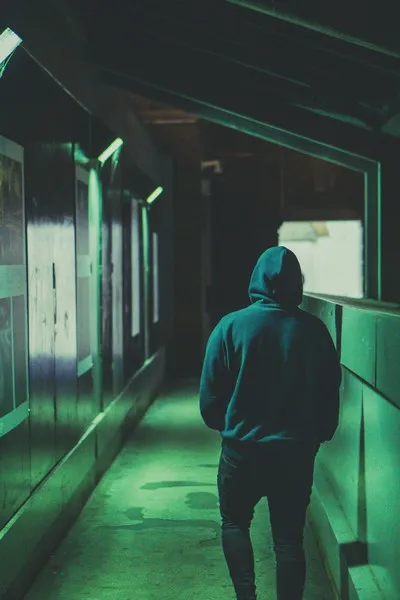In a recent article by The Guardian, the case of Zoraya ter Beek, a 28-year-old Dutch woman who was granted approval for euthanasia due to severe and untreatable mental suffering, raises significant sociological questions and insights. Ter Beek's story underscores the complex interplay between individual autonomy, societal norms, mental health, and medical ethics. This essay explores these dimensions through a sociological lens, examining the broader implications of her case for our understanding of euthanasia, mental health, and societal responses to suffering.
Individual Autonomy and the Right to Die
One of the primary sociological issues at play in Ter Beek's case is the concept of individual autonomy, particularly in the context of life-and-death decisions. Sociologically, autonomy is understood as the capacity of individuals to make informed, uncoerced decisions about their own lives. Ter Beek's decision to pursue euthanasia can be seen as an exercise of this autonomy, reflecting her right to self-determination. This is particularly relevant in liberal democracies, where personal freedom and individual rights are highly valued.





